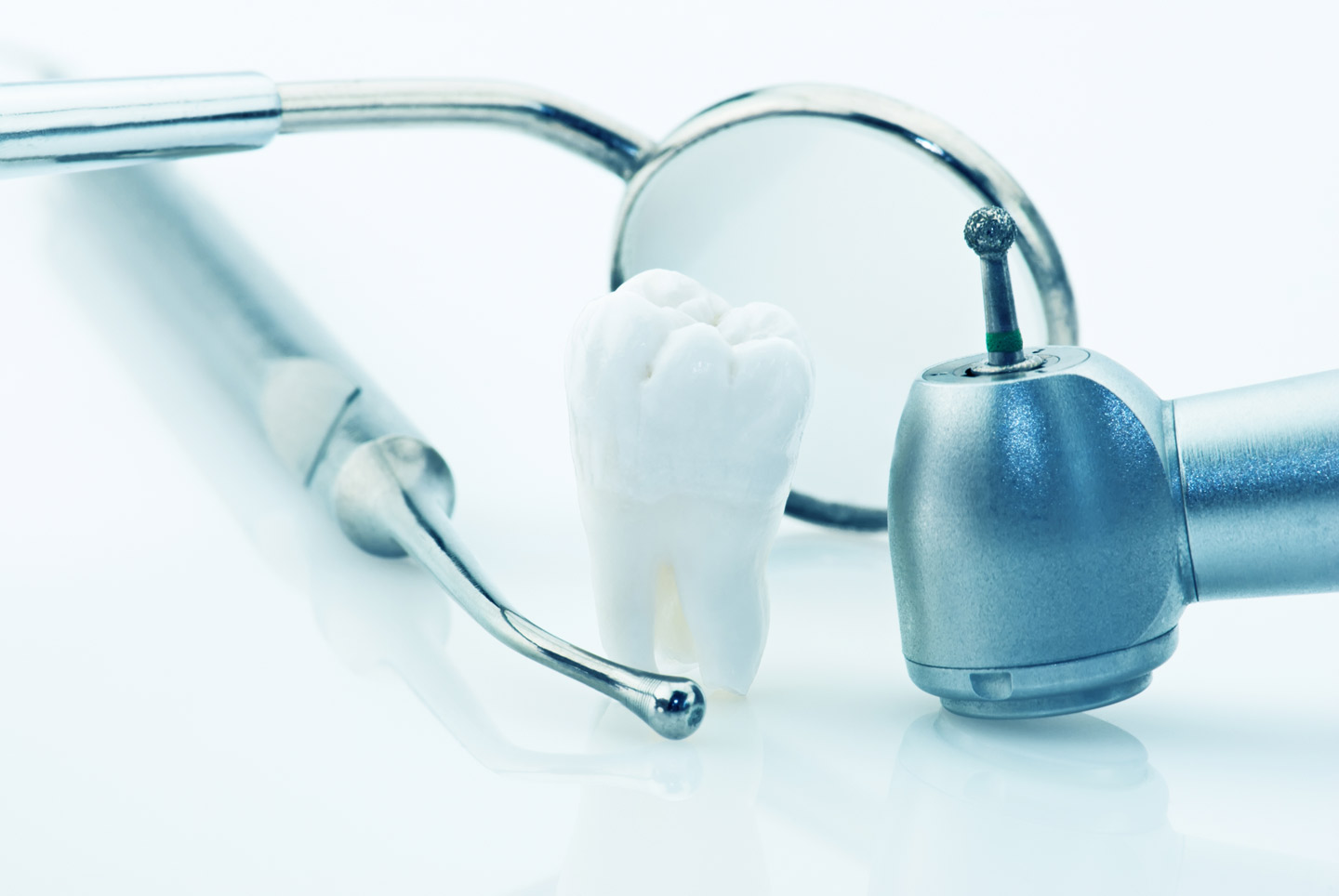What Happens When Wisdom Teeth Are Not Removed?

Wisdom teeth typically begin to emerge during adolescence or early adulthood, long after the other permanent teeth have settled in. It’s rare for these third molars to have sufficient space to grow without causing issues like pain, overcrowding, or other dental complications. Recognizing the symptoms and understanding the reasons for removing wisdom teeth can help prevent these common problems.
Why Do We Have Wisdom Teeth?
Despite their frequent removal, wisdom teeth have evolutionary roots. Our ancestors needed larger jaws and these extra molars to chew their food properly. Over time, as diets and food preparation evolved, human jaws became smaller. However, wisdom teeth still develop in most people, often causing issues because our modern jaws can’t accommodate them.
When Do Wisdom Teeth Emerge?
Wisdom teeth usually appear between ages 17 and 21, but this can vary. Some may experience growth later in their 20s. Even if you think you’re past the age for wisdom teeth, they can still emerge and cause dental problems. If you suspect your wisdom teeth are causing discomfort, consult your dentist promptly. Early removal can ease the process and recovery, as the teeth are still softer and more pliable.
Risks of Ignoring Wisdom Teeth Pain
Ignoring toothaches or mouth pain is never advisable, as it signals that something is wrong. Wisdom tooth pain can indicate improper growth, leading to impaction, infections, and difficulties in eating and speaking. Common issues include:
- Impacted Teeth: Wisdom teeth often grow sideways or at an angle, pushing against other molars and the jawbone, causing throbbing pain and other dental issues.
- Gum Disease: Impacted wisdom teeth can irritate, swell, or infect the gums, increasing the risk of periodontal disease.
- Higher Risk of Decay: Wisdom teeth are hard to clean due to their location, making them prone to plaque and bacteria buildup, leading to decay.
- Pressure and Numbness: Some people experience numbness in the gums, jaw, or face from the pressure of growing wisdom teeth.
- Ongoing or Increasing Pain: Persistent or worsening pain can indicate an impacted tooth or infection.
- Overcrowding: Wisdom teeth often push against other teeth, causing overcrowding and misalignments.
Symptoms of Growing Wisdom Teeth
While some may not experience symptoms, common signs include:
- Jaw pain
- Tender, swollen, or bleeding gums
- Bad breath
- Difficulty opening your mouth
- Unpleasant taste in your mouth
- Swelling around the jaw
Limited space in the mouth can cause discomfort and affect your quality of life. If you notice these symptoms, schedule an appointment with your dentist, who may recommend removing the wisdom teeth.
Duration of Wisdom Tooth Pain
Pain and pressure from emerging wisdom teeth typically last about three to four days. However, if the teeth become impacted or infected, this pain can persist or worsen and won’t go away on its own. Consulting a dentist is necessary to avoid further damage.
Why Does Wisdom Tooth Pain Come and Go?
Wisdom teeth can cause intermittent pain as they put pressure on the jaw, gums, and neighboring teeth. This pain might seem to come and go because you may not notice it as much when distracted or using pain medication. However, wisdom teeth pain might resolve on its own if there’s enough space for them to grow.
Can You Keep Your Wisdom Teeth?
Some people can keep their wisdom teeth if they grow properly and don’t cause issues. However, this is uncommon, as they typically grow at problematic angles. Your dentist will advise whether removal is necessary.
Home Remedies for Wisdom Tooth Pain
If you can’t see your dentist immediately, try these home remedies to alleviate pain:
- Saltwater rinse
- Ice pack
- Vanilla extract
- Teabags
- Baking soda paste
- Cloves
- Peppermint
- Raw onion
- Cucumber slices
Reducing Wisdom Tooth Complications
Prioritize dental health to avoid complications. Regular dental check-ups and early assessment of wisdom teeth can help ensure any issues are addressed promptly, keeping your smile healthy and strong. Ignoring wisdom teeth issues can lead to significant dental complications. Recognizing the symptoms and seeking timely dental advice is crucial. While some might not experience problems, proactive removal often prevents future discomfort. Regular check-ups and early intervention ensure your wisdom teeth don’t impact your oral health. Stay informed and consult your dentist to keep your smile healthy.



